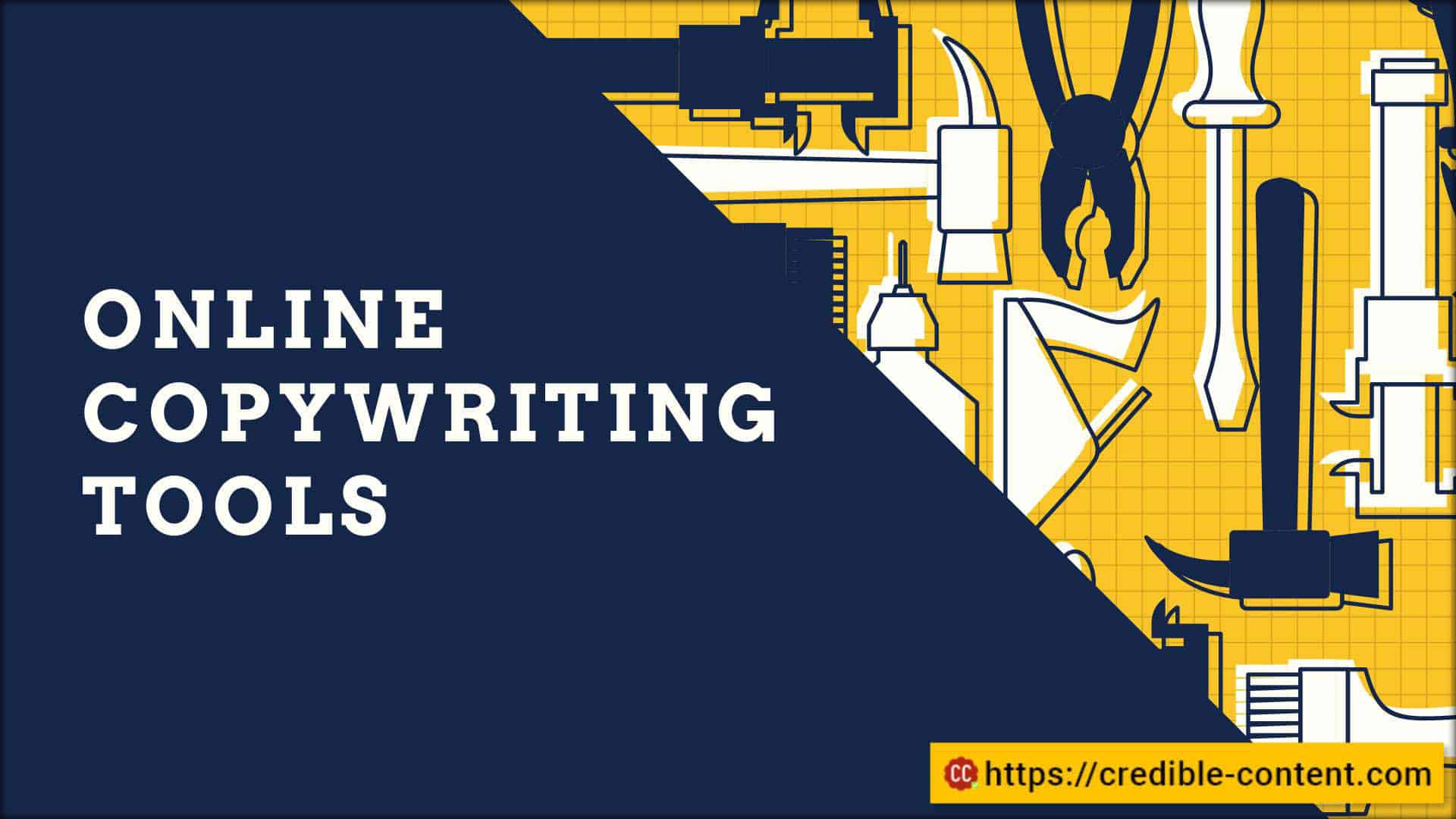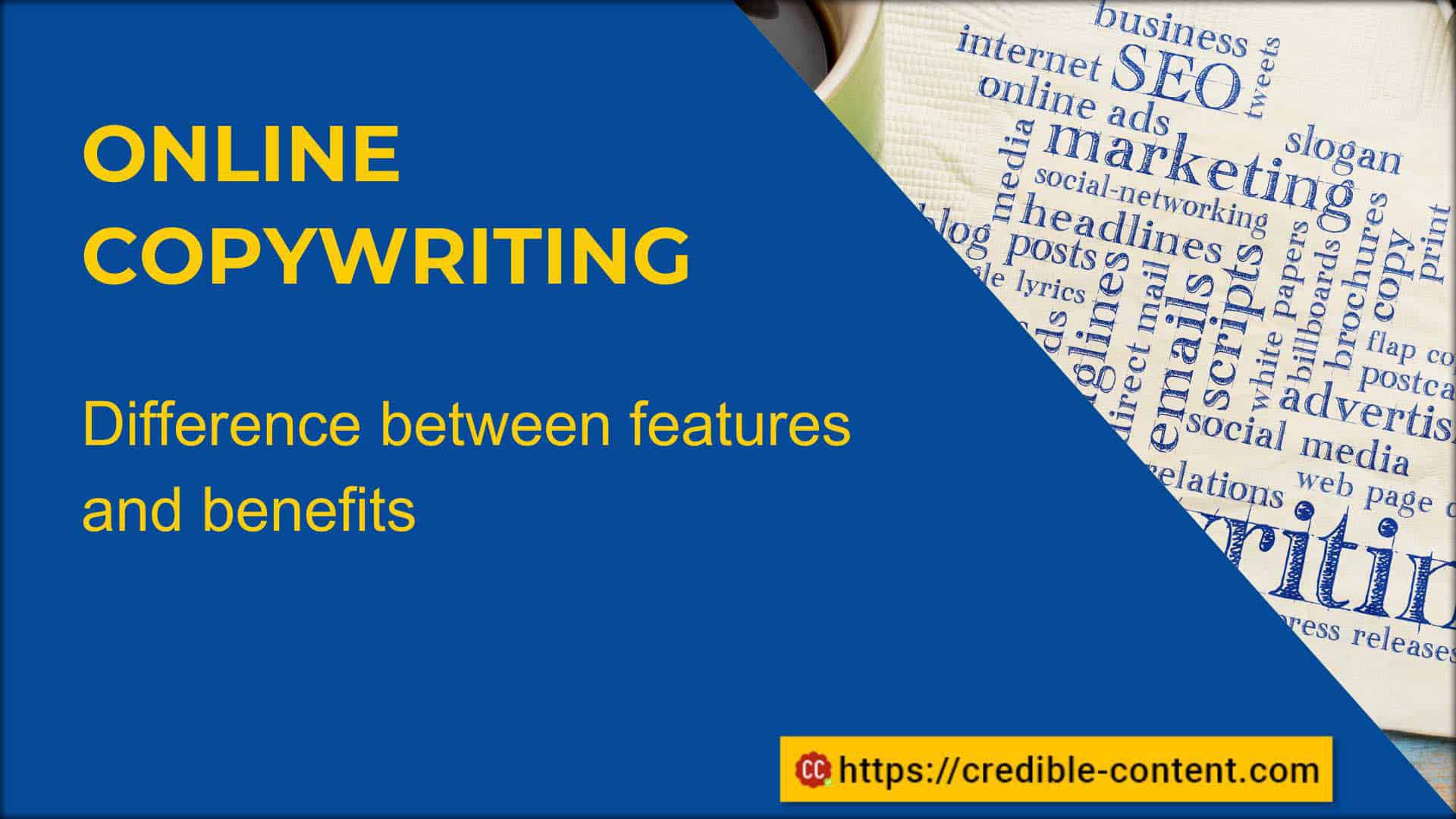
Online copywriting-difference between features and benefits.
Don’t sell features.
Sell benefits.
What does that mean?
Product features are the factual attributes of a product.
I won’t say that product features are not important. To some people they matter.
Features also automatically communicate benefits on many occasions, especially people who are aware of technicalities.
For example, if my cloud storage service gives me 2 TB space, I know that I’m going to be able to store plenty of stuff there.
If I know that my tablet comes with an easy-to-use interface, I know that even beginners can use it.
Nonetheless, to appeal to a broader audience, it is better to talk about the benefits while mentioning features.
Don’t chuck the features. But associate them with the benefits they deliver.
People don’t buy a product. They buy its utility. They buy emotions and experiences.
You don’t buy a 50-inch TV because it is a 50-inch TV.
You want to watch your favorite programs on a bigger screen with greater clarity, more pixel depth, and a better immersive experience. You want to play high-resolution games.
Or you want to flaunt a big TV in the sitting room.
Here are a few examples:
Feature: The phone comes with 16 GB RAM.
Benefit: Run multiple apps without lagging. Even multiple heavier and graphic-intensive apps can be run simultaneously.
Feature: 1 TB cloud storage
Benefit: Store thousands of videos and images in your cloud storage account. It will last you years before you need to upgrade.
Feature: 16 MB front camera
Benefit: Take high-definition selfies that will leave everyone breathless. Your face will be crystal clear even in darkness. Look stunning in your video calls.
Feature: Water and dust proof
Benefit: Make videos in the rain or in the swimming pool. The phone keeps working even under extremely dusty environments.
Feature: Long lasting battery
Benefit: No need to charge for three days. 20 hours of non-stop music play, 10 hours of non-stop video, and 40 hours of non-stop phone calling.
More examples of product features and product benefits in copywriting
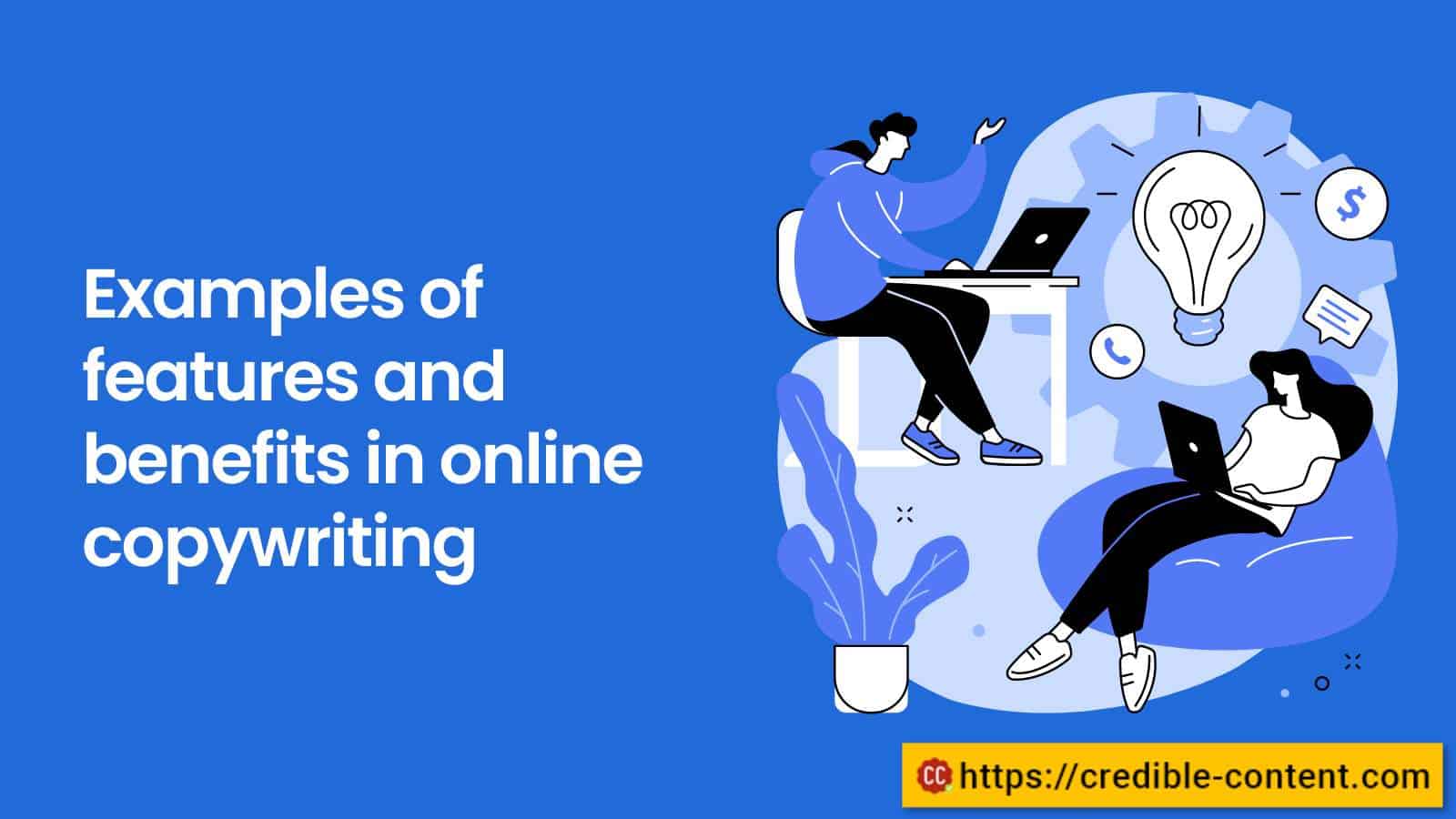
Examples of features and benefits in online copywriting
| Features |
Benefits |
| The laptop has a 15-inch screen and a 10-hour battery life. |
Keep multiple windows open to work better. Watch movies and TV series. No need to charge for long durations. |
| The shampoo is made of natural ingredients. No sulphates and parabens. |
Gentle and safe ingredients for your scalp. Won’t damage or dry your skin. Won’t cause dandruff. Will not make your hair brittle. |
| The jacket is made of waterproof and breathable fabric. |
Wear the jacket in winter, in rainy season, and even during summer. Keeps you warm in cold. No sweating during summer. |
| The blender has a powerful motor and a pulse function. |
Make smoothies, soups and sauces even from hardest materials and vegetables. No need to chop small pieces. Smoothness and consistency in smoothies and soups. |
| The course teaches you how to write effective sales copy. |
Boost your conversions. Generate more sales. Attract and convert your ideal customers with persuasive and engaging copy. |
| This app tracks your steps, calories, heart rate, and sleep. |
Improve your sleep quality. Keep daily track of how much you work. Become more active when awake. Improve health and fitness. Monitor your heart rate for vital signs of heart disease. |
| 100 recipes in this book. |
Endless cooking fun with household ingredients and stuff you can easily get from the market. Give healthy meals to your family. Enjoy breakfast, lunch, and dinner times. |
| The mattress comes with memory foam layer and a cooling gel layer. |
Sleep soundly. Wake up without body aches. The mattress adopts to your body shape and body temperature. |
More good examples of products, their features, and benefits
| Product |
Feature |
Benefit |
| Headphones |
Bluetooth connectivity |
No tangled cables. Easier to carry. Fewer chances of getting damaged. |
| Air fryer |
Cooks by hot air |
Healthy cooking. Minimum oil required. Can replace microwave and oven. |
| Retail store |
Open 24 hours |
Buy groceries whenever you need to. No need to rush. Do shopping on your own schedule. Suits people with multiple shift jobs. |
| Grocery store |
Free home delivery |
No need to travel. You can spend your time doing something else while your grocery gets delivered. Don’t get stuck in traffic. Order when convenient. |
| Meal kit |
Heat and eat |
No need to cook. Saves time. No grocery shopping. Fewer utensils to wash. |
What is the difference between a feature and a benefit?
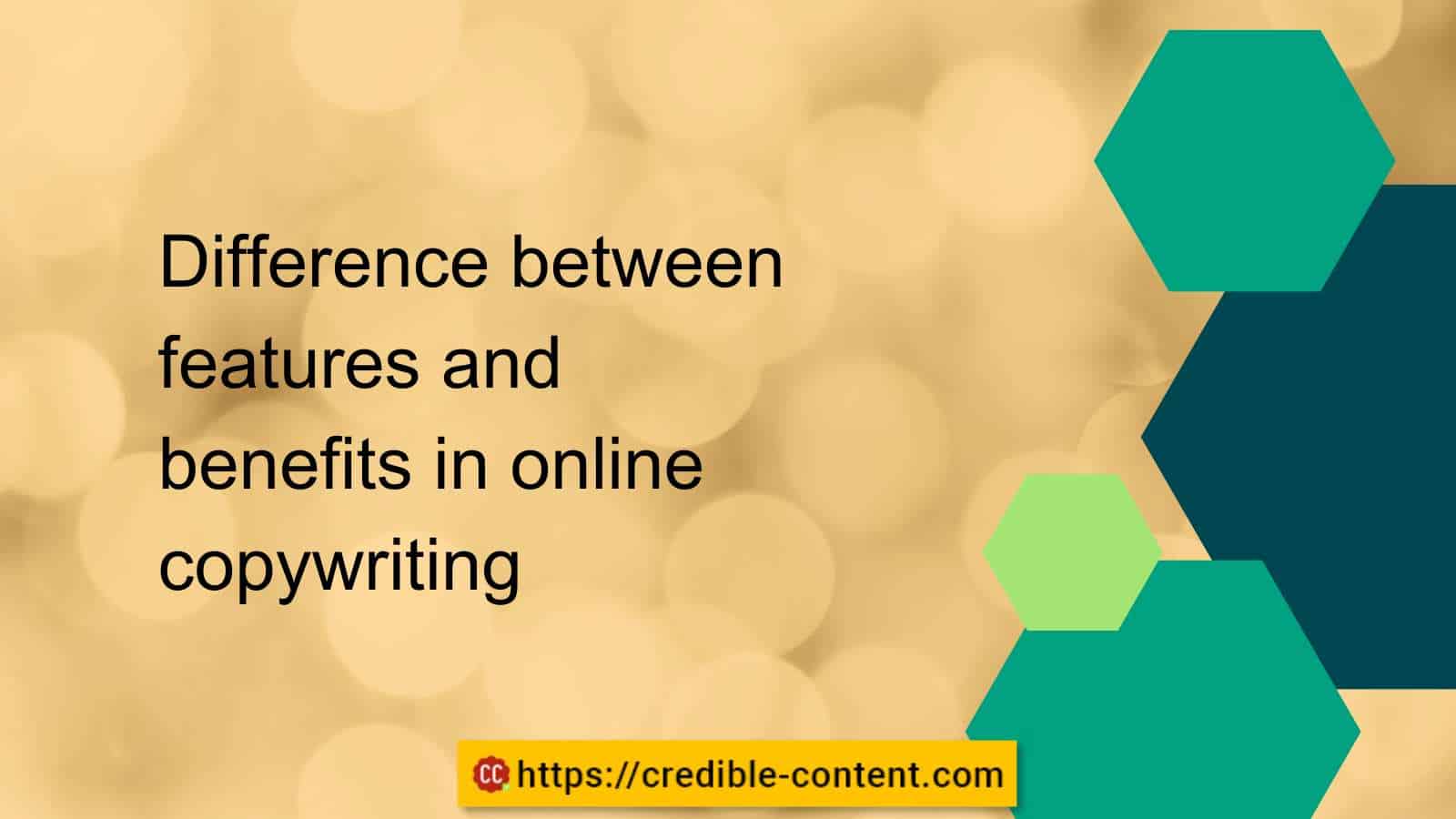
Difference between features and benefits in online copywriting.
Umbrella feature: Made of waterproof cloth that is very difficult to tear.
Umbrella benefit: Protects you from rain and sun. Doesn’t break easily in strong wind.
Feature may be the size of the product or what it is made of or what technology it uses.
Benefit is, what problems the product solves. What needs it satisfies. What emotional satisfaction it delivers.
You purchase a mobile phone with a high-end camera because you want to take high-resolution photographs or you want to look good during business-related videoconferences.
Features
Let’s suppose you are selling a desktop blog editing software. It’s features would be:
- Ability to add multiple blog accounts.
- Inbuilt word processor, thesaurus and spell-check.
- FTP functionality to upload images.
- Support for offline and online editing.
- Support for CSS formatting.
These are the features, things that the software lets you do. But how do you benefit from these features?
Benefits
- Post blog posts extremely fast and conveniently.
- Work in a familiar, world-processor like environment.
- Reduce spelling and grammatical errors.
- Upload images easily.
- Format your blog posts to your heart’s content.
All in all, become a better, prolific blogger.
Not all features are equally beneficial to all, but we use products and services for their benefits and not for their features. This is why it is very important to highlight the benefits when you are preparing the copy to sell a product or a service.
Should you always prefer benefits over features?
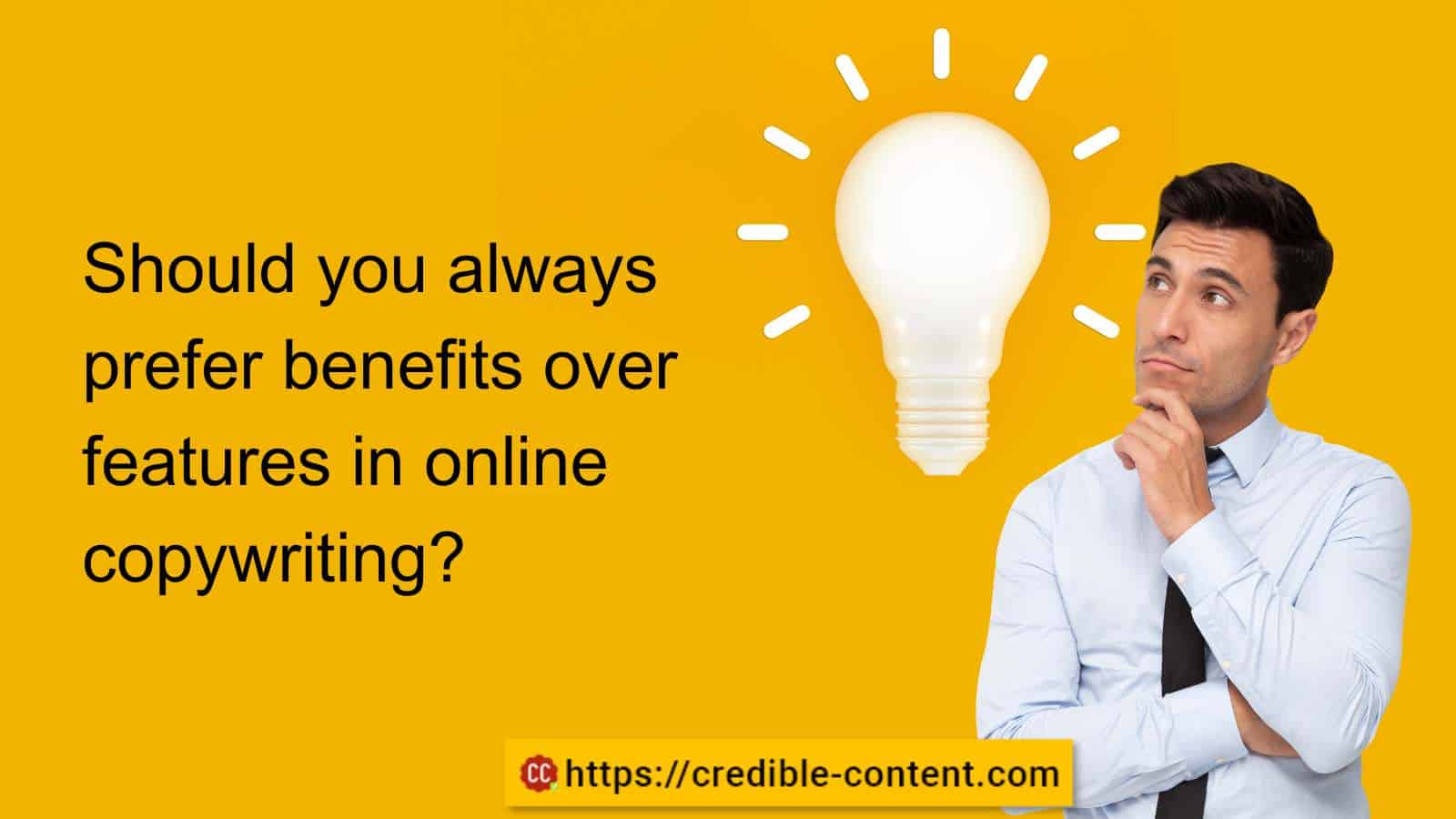
Should you always prefer benefits over features in online copywriting?
No. Your customers need important information during their buyer’s journey and sometimes, a few technical details can pack lots of information.
Take for example organic food. This is a feature. In fact, it represents multiple features such as they don’t use pesticides and artificial fertilisers. Certification is difficult to get so if a supplier claims that they give you organic food, they must have gone through rigorous inspections.
What are the benefits of organic foods? You don’t consume toxins. Your food is devoid of chemicals and other harmful ingredients. There is less strain on your gut. There are no pesticides to damage your lever and kidneys.
But if you simply say that your food is healthier and does not use artificial fertilisers and harmful pesticides, your target consumers may not get the message. Hence, you must tell them that it’s organic food because they are familiar with the term.
Similarly, if a mobile phone comes with 32 GB of RAM it is quite reassuring to know the number because most other devices come with 8 GB or 16 GB. Of course, you must also explain what these 32 GB of RAM achieve for the consumer such as the ability to run resource heavy applications and the ability to manage multiple apps without crashing the phone.
So, don’t chuck the features, but whenever you’re mentioning features, explain the associated benefits in a compelling language.





